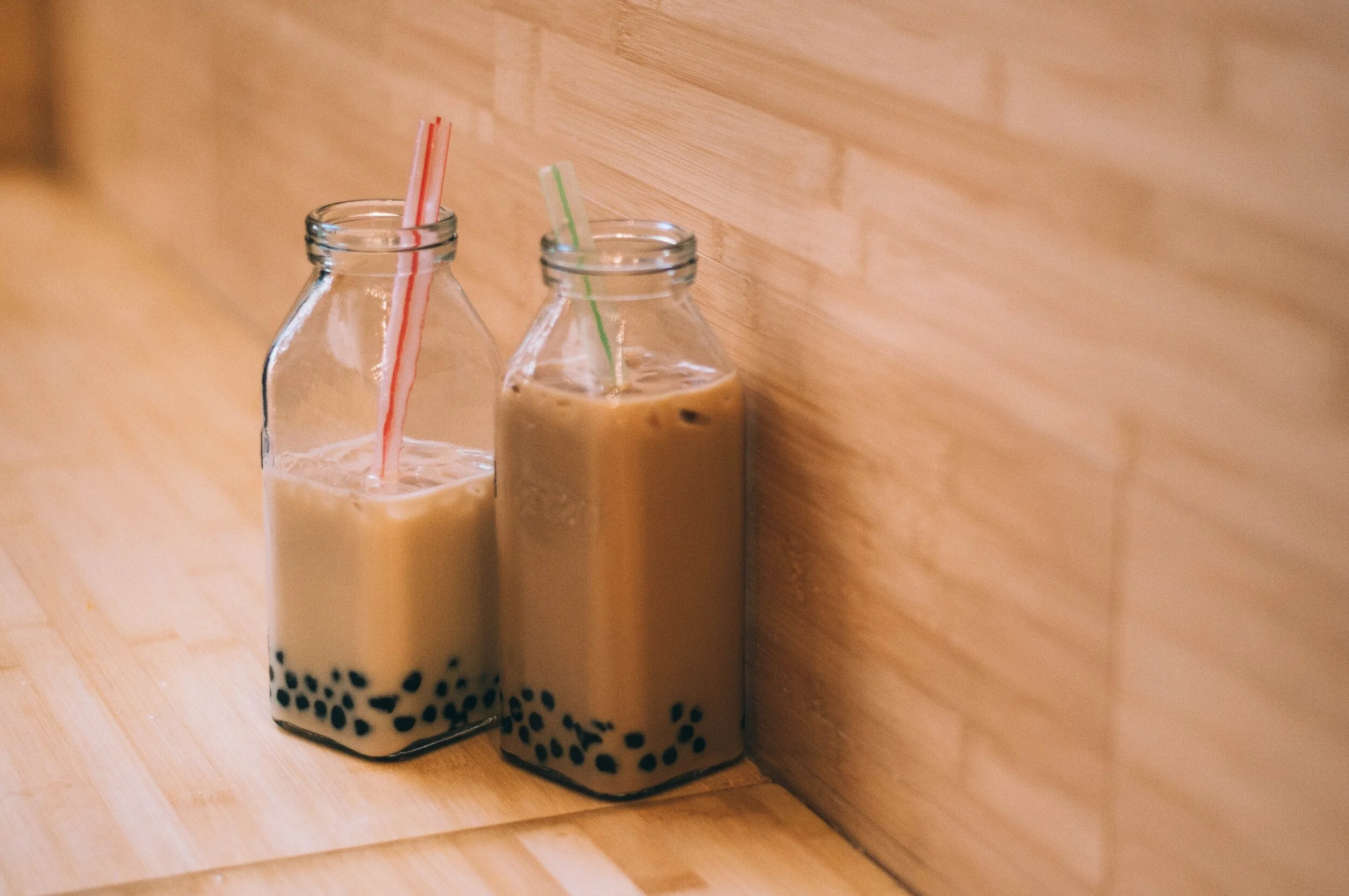Before Taiwan entered the COVID-19 Level 3 Alert this year, The Reporter visited a social worker who also works as a boxing coach in Sanxia, New Taipei City. How has he turned boxing into a tool to empower indigenous youths from disadvantaged backgrounds?
The Taiwan Gazette translates and publishes original reporting from Taiwan, Hong Kong and China. Our goal with the platform is simple: We want original reporting from the Sinosphere to have a wider impact on global civil society.





















